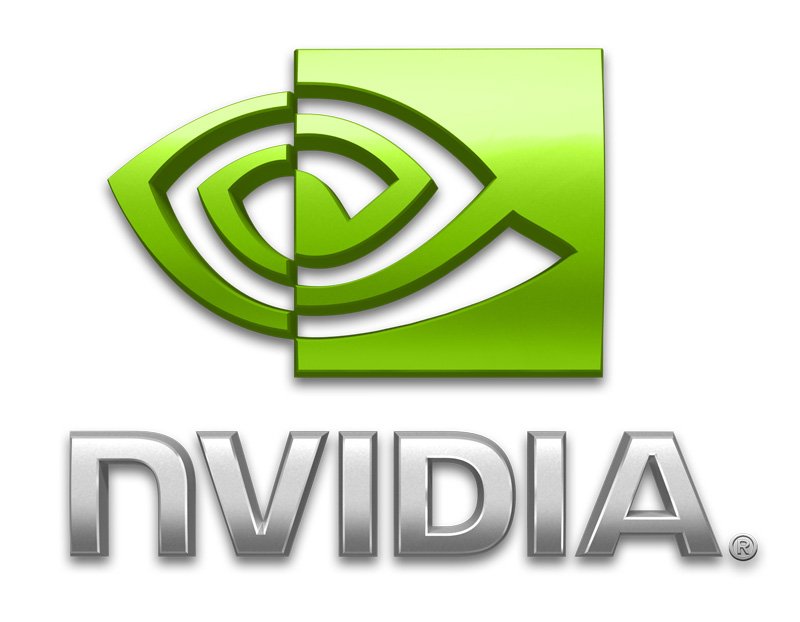SLI now Available on Intel X58 Motherboards
SLI is finally embracing Intel.
Recently, the division between the two companies has come down to Nvidia's GPGPU (General Purpose Graphics Processing Unit) philosophy versus Intel and its CPU-centric mindset. However, there is no point in quarreling where an obvious partnership can be made. A partnership that many hardware enthusiasts can appreciate.
This week, Nvidia announced that there would finally be SLI on an Intel-manufactured motherboard. The Intel DX58SO motherboard, based on the X58 chipset, will have the ability to utilize multiple Nvidia graphics cards, all the way up to Quad SLI.
“The addition of Nvidia SLI technology to the Intel DX58SO motherboard has been a welcome addition,” said Clem Russo, VP and General Manager of Channel Desktop Platform Group at Intel Corporation. “The pairing of our new Core i7 processors on our Extreme Series motherboard and Nvidia GeForce graphics has resulted in some of the world’s fastest consumer gaming PC platforms."
While this is the first Intel-manufactured motherboard that can use SLI technology, it is not the first time SLI has appeared on a Intel chipset-based motherboard. X58 motherboards from other companies like Gigabyte have offered simultaneous support for both Nvidia's SLI and ATI's Crossfire technologies.
Along with support for Intel-manufactured X58 mobos, Nvidia will also bring quad SLI support to several other processors. Core 2 Duo and Core 2 Quad processors will now see SLI support, and so will AMD's newest chip offering, the Phenom II series. The wording in the press release is vague, especially about the older generation Intel processors. Nvidia has offered SLI motherboards for Core 2 Duo and Core 2 Quad processors for quite some time, albeit paired with their. With this in mind, Nvidia probably means that the SLI support for Core 2 processors announced today refers to SLI support for Intel-manufactured motherboards based on LGA775 chipsets, including the P45, P43 and X48.
This new partnership should make for some interesting (and expensive) custom computers from the likes of Falcon Northwest, Commodore and Alienware.
Get Tom's Hardware's best news and in-depth reviews, straight to your inbox.
Read Nvidia's full news release here.
-
alvine x58 mobos have sli, this is nothing new unless they are taking about different motherboard...Reply -
dconnors alvinex58 mobos have sli, this is nothing new unless they are taking about different motherboard...Reply
X58 motherboards from other manufacturers like Gigabyte and Asus can do SLI. However, Intel branded mobos (where its actually says Intel on the retail box), have not. -
Blessedman When I can afford a true Intel board and it has adequate features, I jump on them. They usually boot twice as fast as most other boards and tend to be a little more stable. I have not bought a true Intel board in sometime as I didn't want to be crippled by not being able to go to sli if the situation had called for it. This is a big plus for them imho.Reply -
roofus the x58 part of it was interesting but what was more interesting to me was the wording of support for Core2 and the Phenom 2's. if they mean they will allow SLI without their Nvidia chipset that is significant. i am anxious to hear more details. AMD and Intel make far superior chip sets than Nvidia so we could see some really interesting comparisons down the road.Reply -
roofus ag3nt smithOld news.Reply
maybe read it next time. this isnt about the initial x58 boards being certified for SLI by Nvidia. it goes quite a but further.
